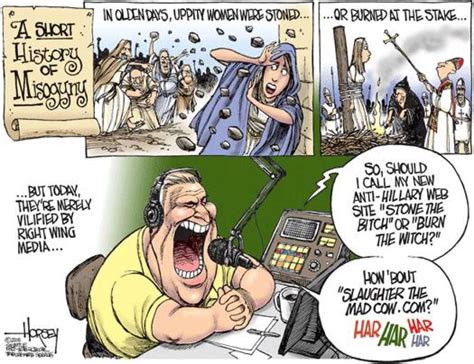A Quote by Mark Zuckerberg
Openness fundamentally affects a lot of the core institutions in society - the media, the economy, how people relate to the government and just their leadership.
Quote Topics
Related Quotes
I have therefore come to the opinion that the most reasonable recourse for the humanization of society and its institutions is to abandon them and begin again to build a society with a just, equitable and compassionate economy with justice, equality, and reverence for all life insured by the goals and forms of all its institutions.
When corruption is king, there is no accountability of leadership and no trust in authority. Society devolves to the basic units of family and self, to the basic instincts of getting what you can when you can, because you don't believe anything better will ever come along. And when the only horizon is tomorrow, how can you care about the kind of nation you are building for your children and your grandchildren? How can you call on your government to address what ails society and build stronger institutions?
The industries closest to Google - media, advertising, and entertainment - are affected first. But the avalanche that is Google and the internet will overtake all industries and institutions - carmakers, bankers, universities, government - as we undergo a fundamental restructuring of the economy and society. Every industry and institution would be wise to understand the need for handing over control, for transparency, for collaboration and speed.
I'd always rather err on the side of openness. But there's a difference between optimum and maximum openness, and fixing that boundary is a judgment call. The art of leadership is knowing how much information you're going to pass on - to keep people motivated and to be as honest, as upfront, as you can. But, boy, there really are limits to that.
All art is fundamentally subversive, because it upsets people's perceptions, their notions about society. Therefore, art is dangerous, but good art is always making us reassess our thoughts and feelings about how we relate to other people. There are always people who fear that and want to suppress that.
We can't have extraordinary dynamism, innovation, and change in the economy and expect to have predictability and stability in our personal lives. It's not as if there are these big, giant institutions existing between us and the economy. In fact, these institutions have become tissue-thin. There is no mediation anymore. We are the economy; the economy is us.
And if you look at society, the way it works, they are creating, from cradle to grave, left-brain prisoners. To advance in this society, you have to be good at passing exams in school, which are taking in left-brain information overwhelmingly. Then you go to the next level, and so on so that by the time you reach any level of significant influence in society or the institutions of society, you are fundamentally locked into your left brain. Or at least the majority of people are.
There are always forces at work in a society, certainly in America, which are really forces of censorship -either religious bodies or zealots who are always putting pressure on things, whether it's books or art or film. And all art is fundamentally subversive, because it upsets people's perceptions, their notions about society. Therefore, art is dangerous, but good art is always making us reassess our thoughts and feelings about how we relate to other people. There are always people who fear that and want to suppress that.
Institutions develop because people put a lot of trust in them, they meet real needs, they represent important aspirations, whether it's monasteries, media, or banks, people begin by trusting these institutions, and gradually the suspicion develops that actually they're working for themselves, not for the community.



































